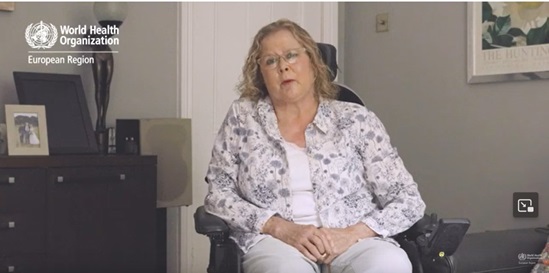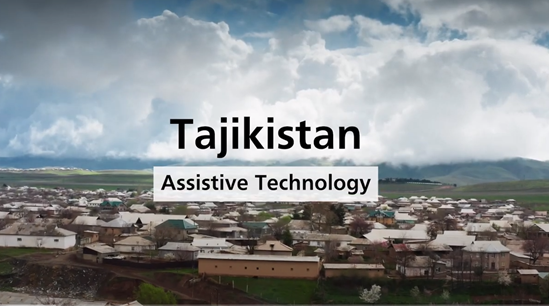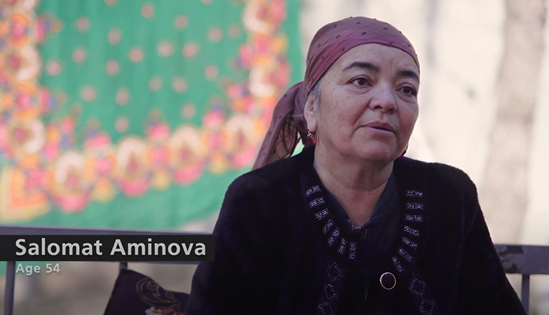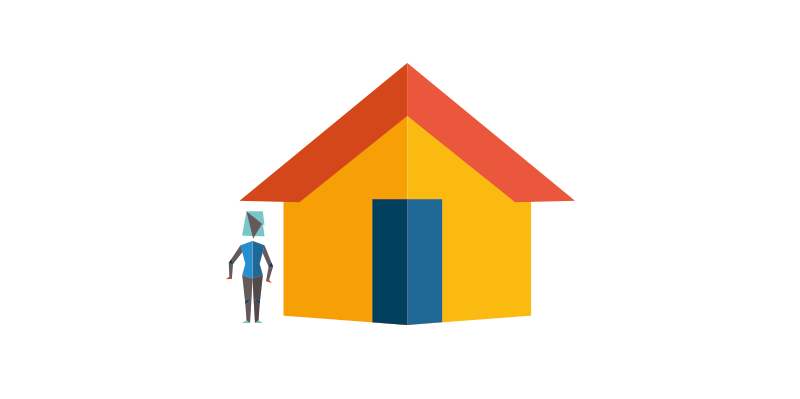Rehabilitation
Rehabilitation addresses the impact of a health condition on a person’s life with a primary focus on improving and maintaining functioning and overall quality of life. WHO defines rehabilitation as a set of interventions designed to optimize functioning and reduce disability in individuals with health conditions in interaction with their environment. Rehabilitation might be needed by anyone, regardless of age, gender, or socioeconomic status, and should be available at all levels of health care, from primary to tertiary health-care settings.
The rehabilitation workforce comprises a range of skilled professionals in areas such as occupational therapy, orthotics, physiotherapy, audiology, prosthetics and psychology, as well as rehabilitation doctors, rehabilitation nurses, social workers, and speech and language therapists. Depending on a person’s needs, rehabilitation often requires multiprofessional collaboration.
Evidence shows that rehabilitation interventions are cost–effective and help to achieve and maintain the best outcomes of other health interventions, even in low-resource settings. For example, rehabilitation has the potential to prevent costly hospital admissions and shorten time spent in hospital, decrease readmissions, and reduce the risk of complications due to health problems. By improving function and the ability to participate in everyday life, rehabilitation cuts the cost of ongoing care and supports individuals to participate in education and employment.
In 2019, of the 900 million people living in the WHO European Region, 394 million, or 2 in 5 people, had a health condition that could benefit from rehabilitation during its course. The need for rehabilitation is predicted to increase in the Region in the coming years due to changes in the health and characteristics of the population. For example, the Region has an ageing population with people living longer, and an increase in noncommunicable diseases and disability. Over 15% of people living in the European Region have a disability. Emergencies, including conflicts, disasters and outbreaks such as COVID-19, can all create surges in rehabilitation needs.
Although the need for rehabilitation is increasing, many countries in the Region are unable to respond to existing needs, and many people do not have access to rehabilitation services. More than 50% of the people living in the Region do not receive the rehabilitation services they require.
Due to a lack of understanding of rehabilitation and its benefits, rehabilitation services are often underfunded and undervalued, particularly in countries whose health systems are underresourced and consequently underdeveloped.
WHO works to achieve universal health coverage in the Region, in which rehabilitation plays a key role. WHO supports Member States towards strengthening:
- access to quality rehabilitation services, including access to assistive products without financial hardship;
- integration of rehabilitation into emergency preparedness, response and recovery; and
- research and evidence on rehabilitation.
WHO views rehabilitation as an essential part of achieving both universal health coverage and Sustainable Development Goal 3, which is to ensure healthy lives and promote well-being for all people.
The Rehabilitation 2030 initiative guides WHO/Europe’s work and emphasizes the need for concerted and coordinated action by all stakeholders to strengthen countries’ health systems to provide quality and timely rehabilitation.
Strengthening rehabilitation within health systems begins with actions based on 6 foundational building blocks; improving leadership and governance; developing a strong multidisciplinary rehabilitation workforce; expanding financing for rehabilitation; and improving data collection and research on rehabilitation. In emergencies, WHO/Europe is developing tools to help to strengthen rehabilitation preparedness, while also working to better integrate rehabilitation into responses.





.tmb-479v.jpg?sfvrsn=4566173_1)









